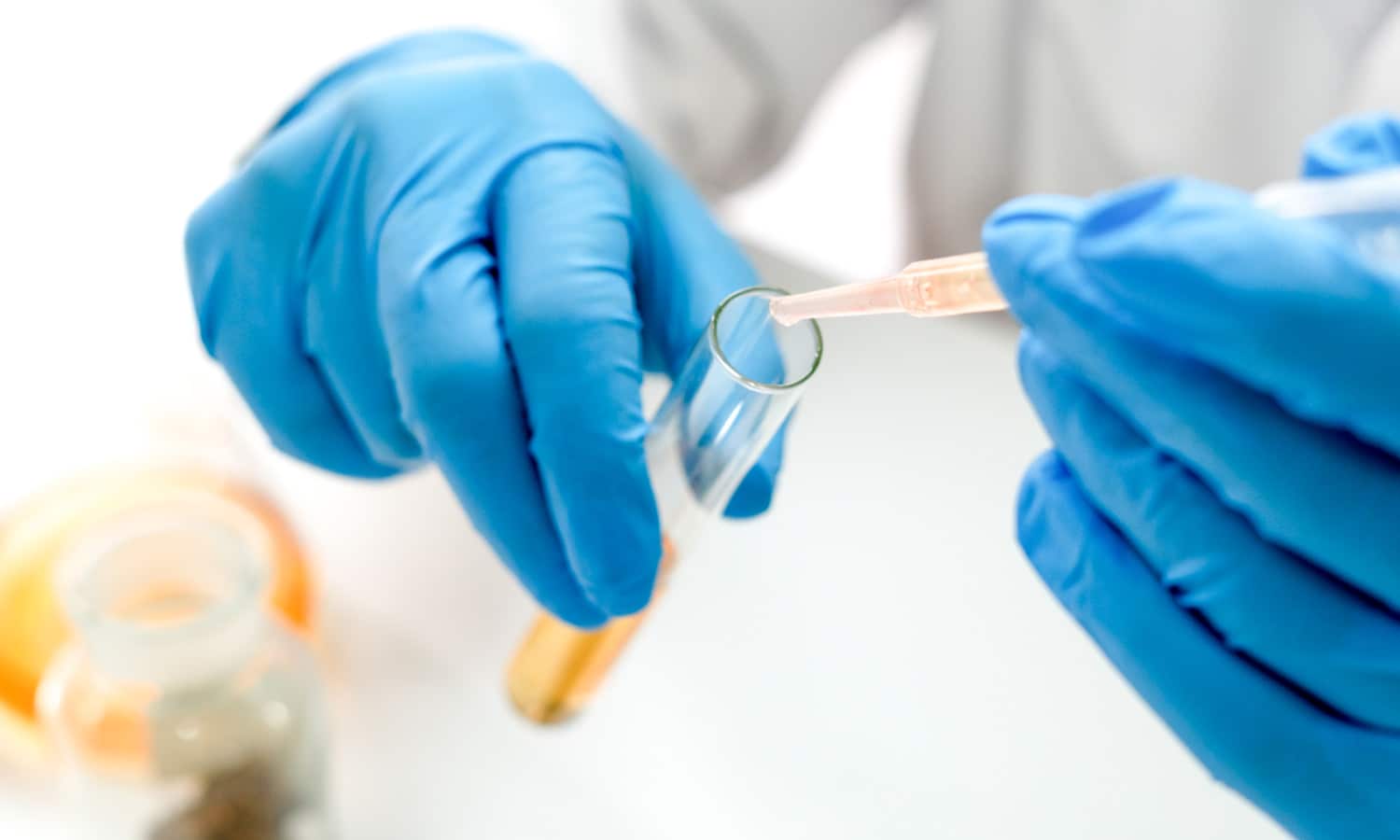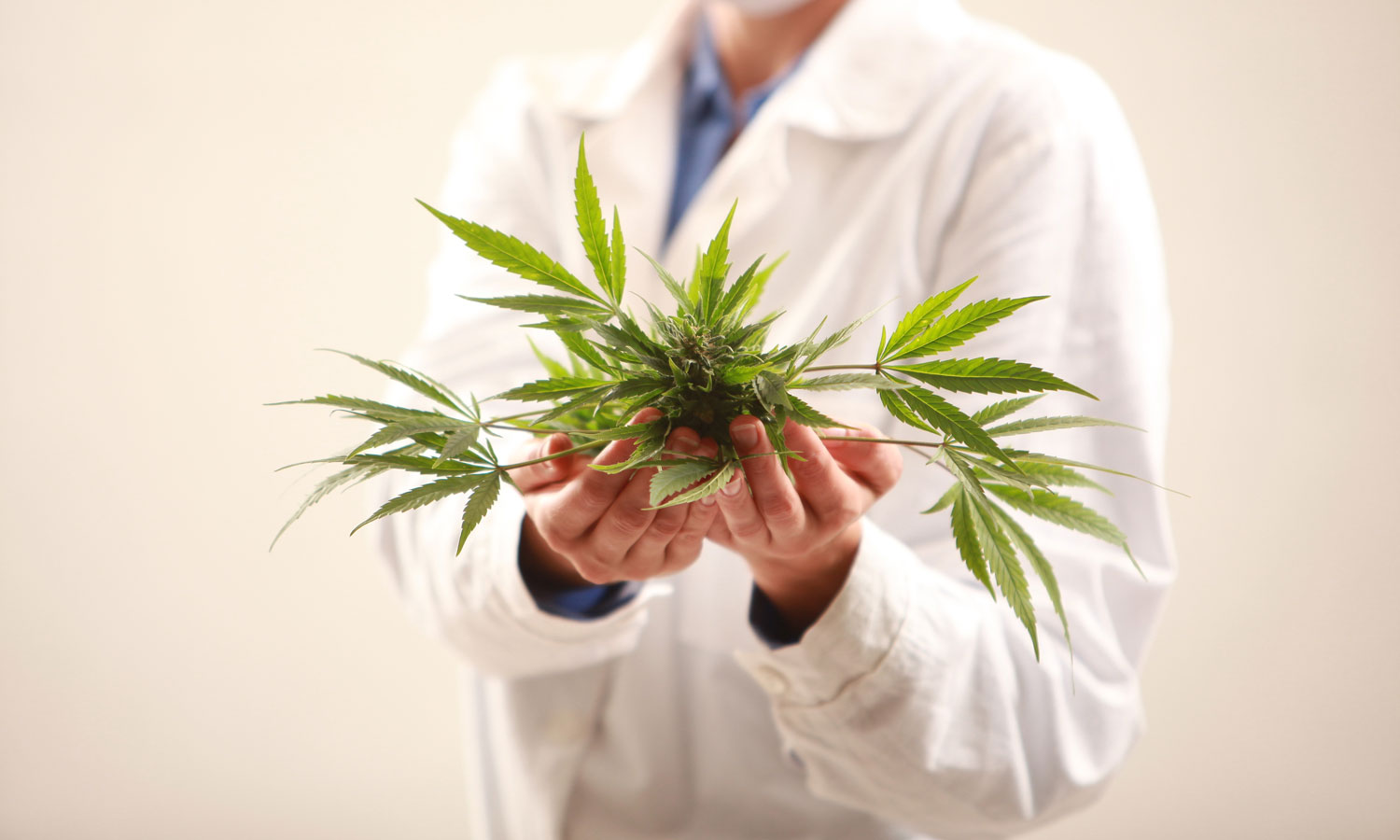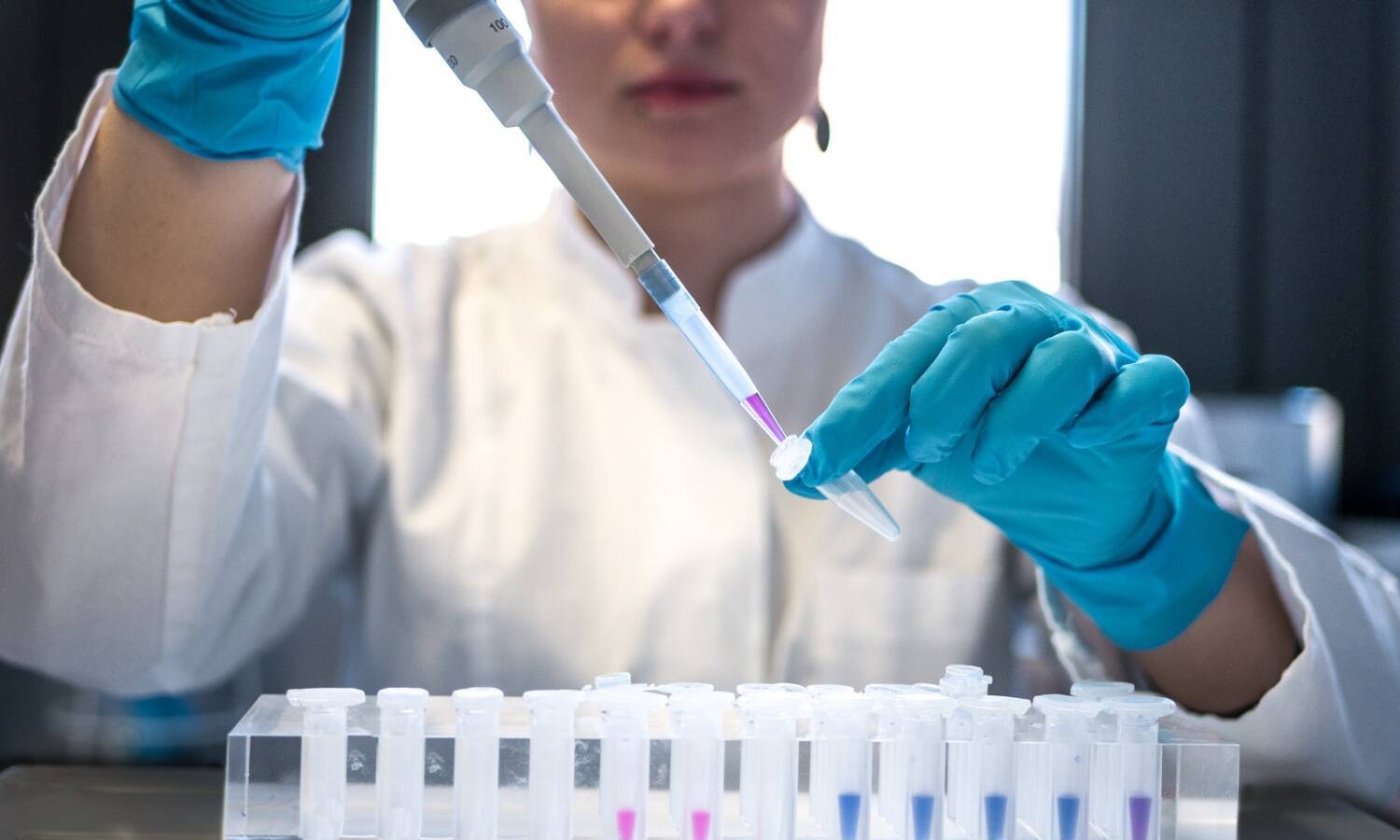The companies behind the lawsuit are seeking to compel the DEA to act on their applications for bulk manufacturing and importing of specific strains of marijuana to treat two degenerative diseases.
By
Two Rhode Island cannabinoid research laboratories are suing the DEA for standing in the way of what they consider to be the crucial development of pharmaceutical-grade cannabis products for use in clinical trials for the treatment of Multiple Sclerosis and Huntington’s Disease.
The companies argue that the DEA has long passed the deadlines to issue a decision and has delayed progress from the beginning, say scientists from the labs in question: MMJ BioPharma Cultivation Inc., and MMJ International Holdings Corp., which now say it’s time for legal action.

RELATED: DEA Delays Production Of Marijuana Drug As Potential Treatment For MS And Huntington’s Disease
“The three years that have passed since submitting the initial applications could have been used toward more research and development, working the clinical trials, etc. Instead, however, this time has been used to fight for a determination that should have been made over two years ago under the regulations,” the companies say in their filing.
“The DEA, however, appears to be dragging their feet despite MMJ’s constant and almost overbearing commitment to excellence that exceeds far beyond mere compliance with the DEA’s regulations and protocols.”
The companies confirm that they have fulfilled all requirements to secure licenses and have complied with rigorous FDA guidelines to produce pharmaceutical-grade soft gel capsules.
What’s In The Lawsuit?
The companies behind the lawsuit are seeking to compel the DEA to act on their applications for bulk manufacturing and importing of specific strains of marijuana to treat the two degenerative diseases.
“Countless patients who have been affected by Multiple Sclerosis and Huntington’s Disease and are waiting on the potentially life-restoring treatments associated with the development of these pharmaceuticals,” the MMJ entities wrote in federal court papers. “The DEA, however, appears to be dragging their feet despite MMJ’s constant and almost overbearing commitment to excellence that exceeds far beyond mere compliance with the DEA’s regulations and protocols.”
While the lab received DEA approval in January 2022 as a Schedule 1 analytical lab research facility, it has not received DEA approval for bulk manufacturing and importing of strains that are required to produce botanical pharmaceuticals in keeping with FDA guidelines, according to the filing.
Duane Boise, president of the companies, said they have taken “extreme” efforts to secure the licenses and comply with rigorous Food and Drug Administration guidelines.
“The DEA is inhibiting manufacturing … It’s wrong,” Boise said.

MMJ names as defendants Attorney General Merrick Garland, DEA Administrator Ann Milgram, Providence DEA Investigator Tom Cook, and the DEA itself.
A spokeswoman for the DEA declined to comment because the litigation is pending.
Boise emphasized interest on a national scale in pharmaceutical drugs derived from marijuana. In 2016, the DEA adopted a policy designed to increase the number of entities licensed under the Controlled Substances Act to grow marijuana to supply legitimate research involving marijuana and its chemical constituents.
Boise said that is exactly what he and his team are intending to do, but believe they have been stymied by investigators who are “not advocates” of marijuana.
In response to numerous inquiries, DEA personnel have said that they did not know when a decision would be reached.
This article originally appeared on Benzinga and has been reposted with permission.


